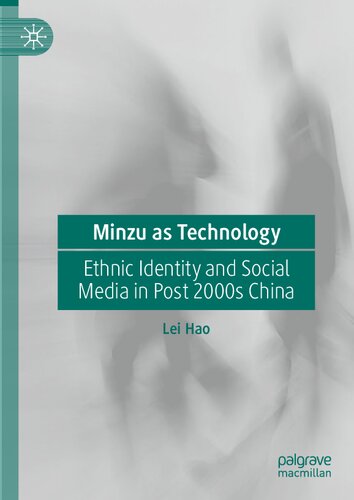

Most ebook files are in PDF format, so you can easily read them using various software such as Foxit Reader or directly on the Google Chrome browser.
Some ebook files are released by publishers in other formats such as .awz, .mobi, .epub, .fb2, etc. You may need to install specific software to read these formats on mobile/PC, such as Calibre.
Please read the tutorial at this link: https://ebookbell.com/faq
We offer FREE conversion to the popular formats you request; however, this may take some time. Therefore, right after payment, please email us, and we will try to provide the service as quickly as possible.
For some exceptional file formats or broken links (if any), please refrain from opening any disputes. Instead, email us first, and we will try to assist within a maximum of 6 hours.
EbookBell Team

4.0
16 reviewsThis book provides a unique ethnographic approach to the understanding of ethnogenesis in the Chinese context, with a particular focus on how it is being reshaped in the post-2000s era. It reinterprets the Chinese concept of ethnicity, or minzu, by investigating its evolution in relation to the proliferation of media technologies.
In an era characterized by digital connectivity, the quest for ethnic identity has taken on new dimensions. Ethnic groups, like the Sibe community from Xinjiang, are now extending beyond the state’s traditional interpretations of minzu. Leveraging the power of media technology, they are articulating and expressing their ethnic identities in new and personalised ways. These developments have led to the emergence of what this book terms ‘networked ethnicity,’ a fresh manifestation of ethnic identity formation in the era of social media.The pivotal question this book attempts to answer is: How does an ethnic group in China today understand its identity, and what role does technology and media play in that process? This exploration offers a critical perspective on the complex interplay between digital technology, individual agency, and ethnic identity formation.
This study will be of interest to scholars of cultural studies, Chinese society, ethnic studies, and media studies, or anyone keen to understand the changing landscape of ethnic identity in the digital age.